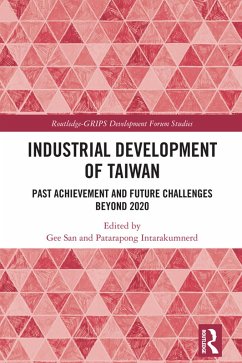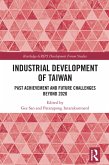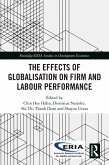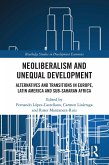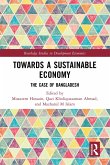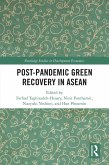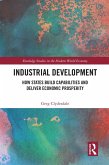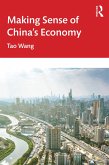Dieser Download kann aus rechtlichen Gründen nur mit Rechnungsadresse in A, B, BG, CY, CZ, D, DK, EW, E, FIN, F, GR, HR, H, IRL, I, LT, L, LR, M, NL, PL, P, R, S, SLO, SK ausgeliefert werden.
'This is a superb book, written by real experts on Taiwan, including leading academics and experienced policy makers. It is the only book on Taiwan which actually presents a holistic and history friendly analysis of Taiwan's post War economic and technological transformation, including insightful comparisons and linkages with Japan, China and ASEAN. The collection of rigorous in-depth essays explores various essential facets of Taiwan's history, including the fundamentals of post war economic development, the transformation of the science and technology base, relationships and conflicts with China, progress in trade, sources of innovation, energy and the environment, demographic changes, and trends in wages and employment. Unlike many other works in this area, the book is policy and action oriented. Indeed several of its contributors have had direct policy experiences as ministers and deputy ministers in charge of the policies analysed. This work of scholarship is essential reading for anyone interested in Taiwan's remarkable economic and technological progress and potential solutions to the challenges now facing society and the economy.' - Michael Hobday, Professor Emeritus, formerly Head of Centre for Research and Enterprise Excellence (CENTRIM), University of Brighton, UK, and the author of Innovation in East Asia.
'This is a most welcome and comprehensive edited book that brings together a fine team of Asian experts. Their contributions collectively provide a rich and insightful account of the socio-economic challenges related to Taiwan's post-2020 economic transformation. It encompasses a broad field of societal challenges including among others innovation, digital transformation, cross-strait relationships, secure energy supply, low wage traps, population ageing and pension system crisis. The book also gives the reader a good introduction to Taiwan's catch-up "economic miracle". Employing rigorous research designs and comprehensive empirical evidence, the authors argue with many of the policies of the present DPP government and come up with clear policy alternatives. The book is a valuable and wide-ranging contribution that is not just relevant for academics and other experts but also beneficial for Taiwanese policy makers.' - Laurids S. Lauridsen, Professor Emeritus, Roskilde University, Denmark and the author of State, Institutions and Industrial Development: Industrial Deepening and Upgrading Policies in Taiwan and Thailand Compared

